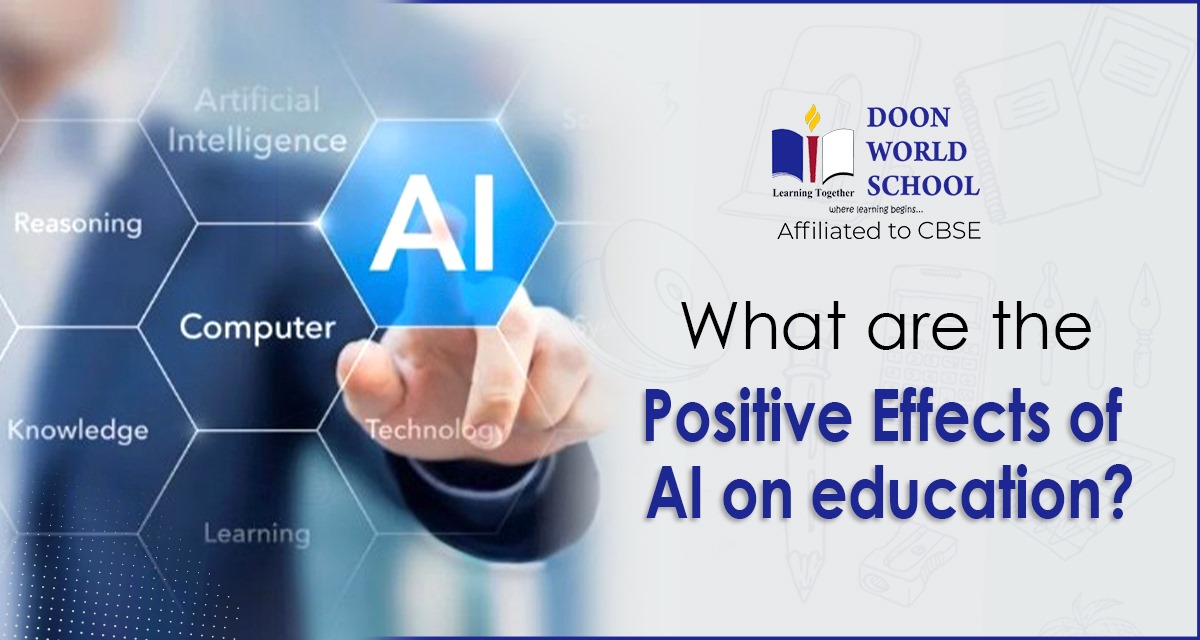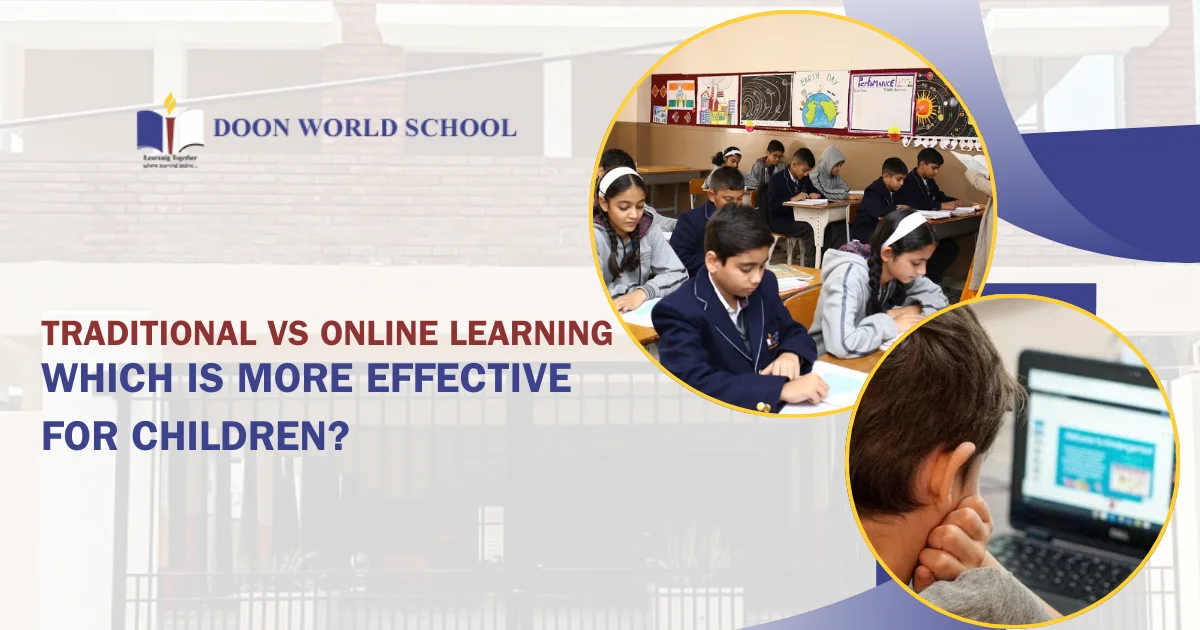
What Are the Positive Effects of AI on Education?
In the fast-paced world of today, technology has entered into every facet of our lives and education is no exception and ow one of the most transformative forces in this realm is Artificial Intelligence (AI).
AI, often associated with complex algorithms and futuristic concepts, is making significant strides in reshaping the landscape of education which is why today, we explore the impact of AI on education, delving into both its positive effects and the challenges it presents.
Impact of AI on Education
Artificial Intelligence is revolutionizing education by introducing innovative tools and methods.
From personalized learning experiences to intelligent tutoring systems, AI is redefining how students and teachers engage with educational content.
Additionally, the ability of AI to process vast amounts of data and adapt to individual learning styles is changing the way we approach education.
Positive Effects of AI on Education
Personalized Learning
AI enables personalized learning experiences by tailoring educational content to the unique needs and preferences of each student.
This fosters a more effective and engaging learning process.
Efficient Grading
AI can automate routine tasks such as grading thus allowing educators to focus on providing constructive feedback and addressing individual learning gaps.
This not only saves time but also enhances the quality of assessment.
24/7 Learning Support
AI-powered chatbots and virtual assistants provide students with continuous support thus answering queries and offering guidance outside traditional classroom hours.
This accessibility promotes independent learning.
Adaptive Learning Platforms
AI-driven adaptive learning platforms adjust the difficulty of content based on a student’s performance, ensuring that the material is challenging enough to stimulate growth without becoming overwhelming.
Advantages and Disadvantages of AI in Education
Advantages of AI in Education
Efficiency
AI streamlines administrative tasks thus allowing educational institutions to operate more efficiently.
This efficiency translates to cost savings and better resource allocation.
Global Accessibility
AI facilitates online learning which in turn makes education accessible to individuals worldwide.
This inclusivity is particularly beneficial for those in remote areas or with limited access to traditional educational resources.
Data-Driven Insights
AI generates valuable insights through data analysis which helps educators identify patterns and trends in student performance.
This information enables targeted interventions to support struggling students.
Disadvantages of AI in Education
Privacy Concerns
The use of AI in education involves the collection and analysis of vast amounts of data which raises concerns about student privacy.
Technological Inequality
Not all educational institutions have equal access to advanced AI technologies.
This can widen the gap between schools with robust AI infrastructure and those without, leading to disparities in educational quality.
Overreliance on Technology
There is a risk of overreliance on AI which potentially diminishes the role of human educators.
Thus balancing technology with the human touch is crucial to maintaining a holistic approach to education.
Final Thoughts
In conclusion, the impact of Artificial Intelligence on education is both profound and multifaceted.
The positive effects such as personalized learning and efficient grading, promise a future where education is more accessible and tailored to individual needs.
However, it is essential to navigate the challenges responsibly by addressing privacy concerns and ensuring equitable access to AI technologies. Striking this balance will be key as we use the power of AI to create a more dynamic and effective educational landscape for generations to come.


